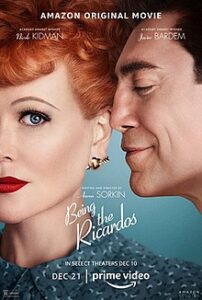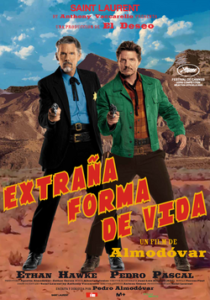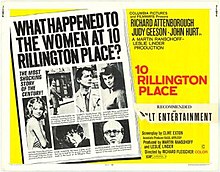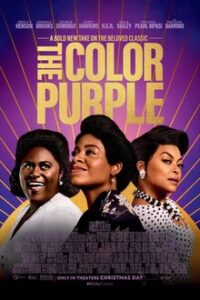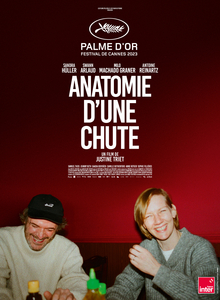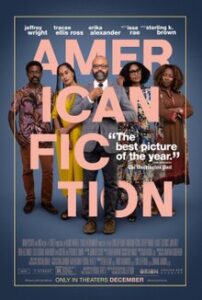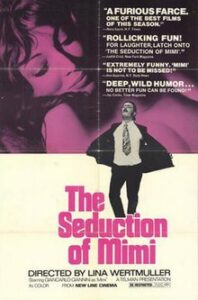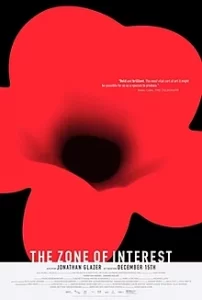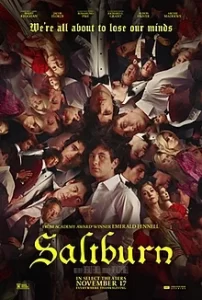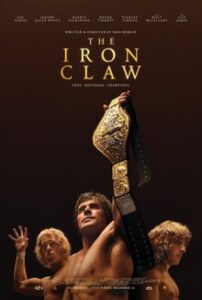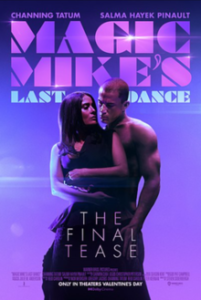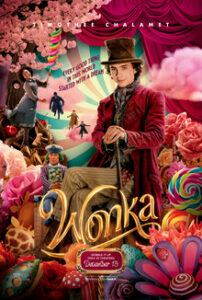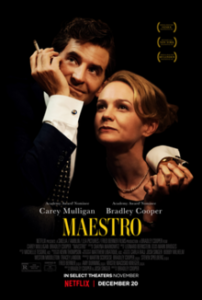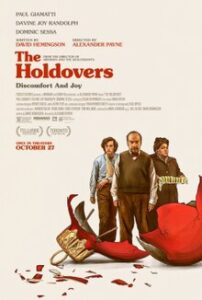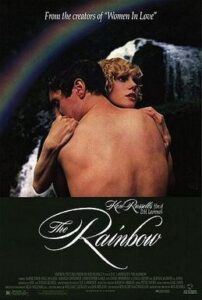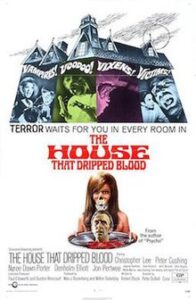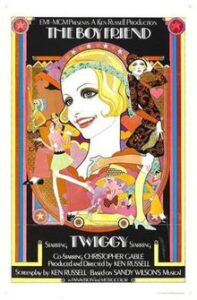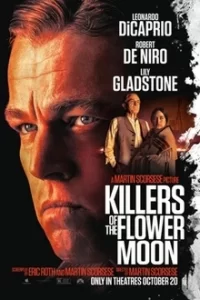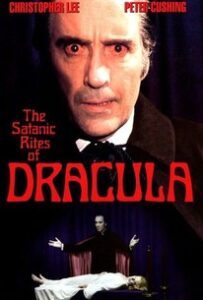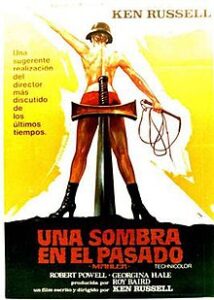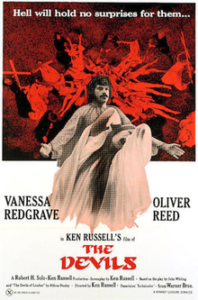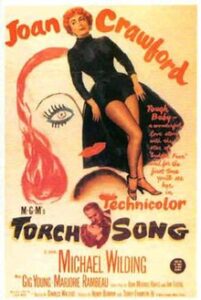Eismayer-2023
Director David Wagner
Starring Gerhard Liebmann, Luka Dimic
Scott’s Review #1,427
Reviewed May 31, 2024
Grade: A-
Eismayer (2023) may be the first Austrian-language film I’ve ever and is the first Austrian LGBTQ+ film. Similar to German cinema there is a cold and stark naturalistic veneer to the filmmaking making it feel moody and foreboding.
I’ve said this many times before but the statement still has merit. The LGBTQ+ cinema genre has been saturated with offerings since the late 1990s, especially into the 2000s and it can be difficult not to tell the same story continuously.
As proof of the above, our Prime subscription contains numerous LGBTQ+ films to showcase so we decided on Eismayer which sounded interesting.
It focuses on the military, is Austrian, and focuses on a love story between two soldiers. The fact that it is based on a true story held special intrigue.
Sergeant Major Eismayer (Gerhard Liebmann) is known and feared as the toughest training officer in the Austrian Armed Forces. He is ruthless and unfeeling with recruits and a staunch disciplinarian, with order and macho toughness.
Unsurprisingly, the new batch of recruits despises him.
Surprisingly, in his personal life, he is a loving father to his son whom he adores and treats his wife respectfully.
But when he starts to fall in love with Falak (Luka Dimic), a recruit who is unashamedly out and proud as a gay man Eismayer must decide if his closeted existence is worth it.
The director, David Wagner, paints a lovely canvas of the love between two men that slowly takes shape. He wisely makes the running time less than an hour and a half so the film doesn’t drag.
It’s not a shock what develops between Eismayer and Falak because their embrace appears on the cover art but that doesn’t detract from the enjoyment.
I like the direction Wagner takes with this story. Eismayer being the title character the focus is on his character not the couple as a whole. The plot centers on his plight to come to terms with his sexuality and also make it publicly known.
He doesn’t have to come out naturally but if he wants to have an open and honest romance with Falak he must do this genuinely.
It’s unexplained why Eismayer is the way he is but one can easily guess why. His father was probably stoic and military-like he is and the expectation was to be macho and tough at all costs, showing no vulnerability.
To satisfy his urges he is reduced to having hot sex with willing recruits in the back seat of a car but it’s hardly candlelit dinners and romance nor satisfying.
In addition to being in love with Falak, he admires his courage to be out and proud in a traditionally masculine environment.
We know virtually nothing about Falak’s backstory. What made him come out? What was his father like?
While there has been a clear shift in acceptance of gays in the military a story like this hasn’t been told in film to my knowledge.
Gone hopefully are the days when LGBTQ+ filmmakers told stories of mere resistance to a gay character’s happiness as an obstacle to their joy and acceptance.
There is a raised eyebrow or two when Falak makes his homosexuality evident in the shower and one grizzled senior officer complains that ‘fags don’t belong in the military’ but the younger officers have little issue.
They even applaud at the end when Eismayer and Falak kiss and embrace, cementing their open and blossoming romance.
A fantasy? Possibly, but Wagner gives the likely predominately gay male audience something to admire and cheer for.
Understated, but packs an emotional punch and an uplifting and inspiring message, Eismayer (2023) is an Austrian film I hope will inspire more American filmmakers.

